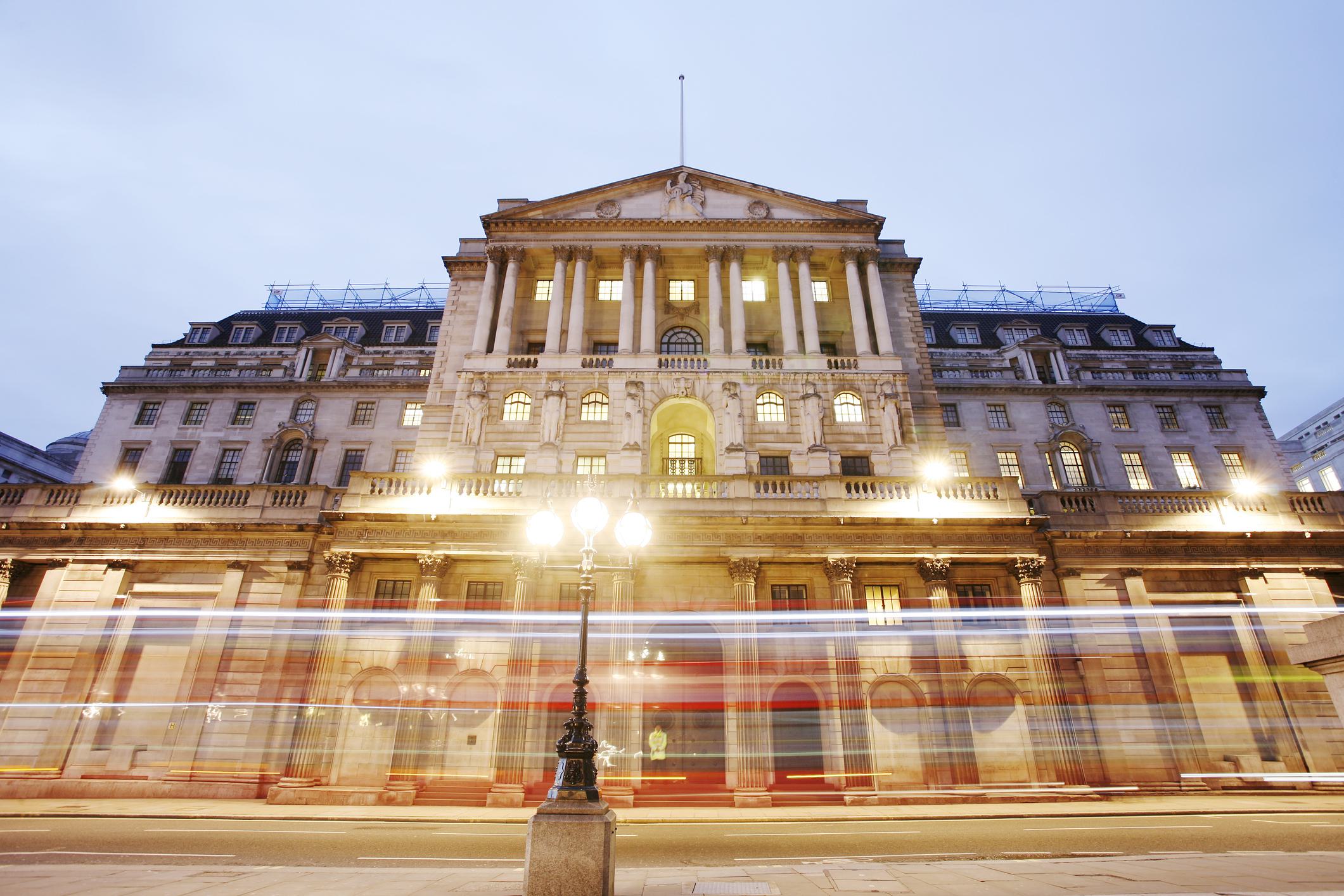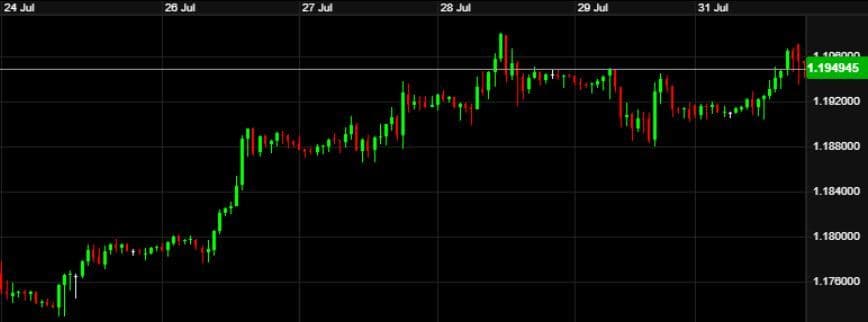ACM Update 01-08-22

“We are not doomed, far from it. But we are in difficult times” – Andrew Bailey, July 2022.
The Bank of England Governor and his MPC colleagues are in a difficult position this week. With the UK economy slowing down, they need to decide their next action on interest rates. With big rate hikes becoming the norm elsewhere in the world, will we see the Old Lady follow suit?
Threadneedle Street in London will very much be the focal point of financial markets this week, as the Bank of England discuss their latest tinkering of monetary policy. More to come on that later, but it is already shaping up to be a pivotal week ahead for the UK.
Last week (much like the Lionesses at Wembley on Sunday night), GBP had a strong week versus the Eurozone, hitting highs last seen on 22nd April. This presented a good opportunity for those on the pulse regarding their GBP-EUR purchases, as well as any clients who left us with limit orders for their purchases. For more information on this, please do reach out to the team.
From a data perspective, UK mortgage approvals continue to remain strong, in line with a housing market bubble which shows no signs of bursting yet. Higher interest rates and cost of living increases are yet to deter buyers from moving up/onto the ladder.
Less favourable news for the UK came courtesy of the IMF last week, with their latest set of growth forecasts. It believes the global economy is now edging towards recession post-COVID and cut its global growth forecast for 2022 to just 3.2%. Worse still, it suggests the UK will have the slowest growth of all the G7 economies in 2023, at just 0.5%.
As mentioned, Sterling-Euro peaked at its highest in over three months last week, as shown in the chart below:

On the European side of the equation, gas supply issues continue to be a driving factor. Concerns around supply are causing a scramble amongst EU nations to secure enough gas for the winter months. Russian giant Gazprom have already been limiting the supply via the Nord Stream 1 pipeline as mentioned recently.
The knock-on effects from this on the Eurozone’s biggest player Germany, could be catastrophic for the overall economy. A suggested drop of 1.5% in the country’s GDP has been suggested if rationing of gas is required. In-fighting between member states regarding supply is not helping either. Troubling times ahead for the Eurozone? Quite likely it seems.
Last week’s main focal point was the Federal Reserve, with the question being how much would interest rates rise in the US. With sizeable rate hikes elsewhere in the world recently, some financial markets had been hoping for a full 100 basis point shift from the Fed, but in the end Powell & co deemed 75 basis points the more appropriate.
The move wasn’t digested well, as hopes for more saw the Dollar slip to its worst position in a month versus GBP, with recent movements visible in the chart below:

The Fed may well need to pause their rate hikes soon, as the threat of a recession looms in the US. In fact, last week US Government statistics showed the US economy shrinking for a second successive quarter. This is indeed, the unofficial definition for a technical recession.
That said, previous Fed Chair Janet Yellen has insisted that the US is not in a recession despite the sizeable drop in GDP. Read into that what you will, but she still thinks the US economy is “exceptionally strong”. Overall, the Fed are likely to be softer on future rate hikes, and more data driven.
The week ahead:
Tuesday – Australian interest rate announcement (05:30 UK time)
Wednesday – Services sector figures from Eurozone/UK/US (08:15 to 15:00), Eurozone Retail Sales (10:00)
Thursday – Bank of England rate announcement (12:00)
Friday – MPC Member Huw Pill speech (12:15), US Non-Farm Payrolls (13:30)
With Thursday and Friday containing arguably two of the biggest releases of any given month, we could well be on for a busy week. Tuesday will start off with another central bank taking aggressive monetary policy action, as the Reserve Bank of Australia are likely to increase interest rates to 1.85% (up 50 basis points).
Wednesday will have a flurry of services sector releases both on the continent, in the UK and on the other side of the Atlantic. How did the sector cope in July amidst further headwinds and supply chain issues? Eurozone Retail Sales will be a good indicator of any drop-offs in consumer spending, at a time when inflation is soaring.
Then the Bank of England decide exactly how they wish to combat inflation come Thursday lunchtime. Do they follow suit with so many others with a large rate hike, or continue their gradual trend? The call between 25 and 50 basis points is a very close one, but could have considerable knock-on effects in the already waning confidence in Bailey and Co.
Friday’s Non-Farm Payrolls numbers have beaten expectation for the last three months. But will a further beat mean the Fed are even less likely to go for a big rate hike in their next meeting? What is good for the overall economy, might not necessarily strengthen the Dollar short term.
To refer back to Andrew Bailey’s nod to Private Frazer of Dad’s Army fame at the start of this update, we are definitely in difficult times in the UK, despite the recent resurgence in the currency!
Have a great week.